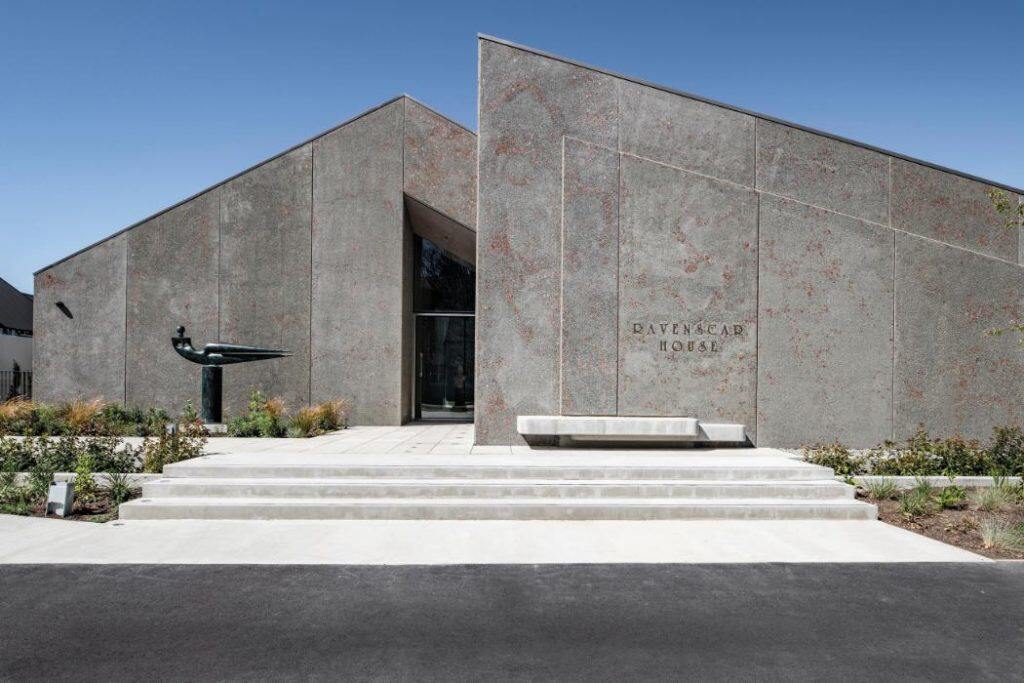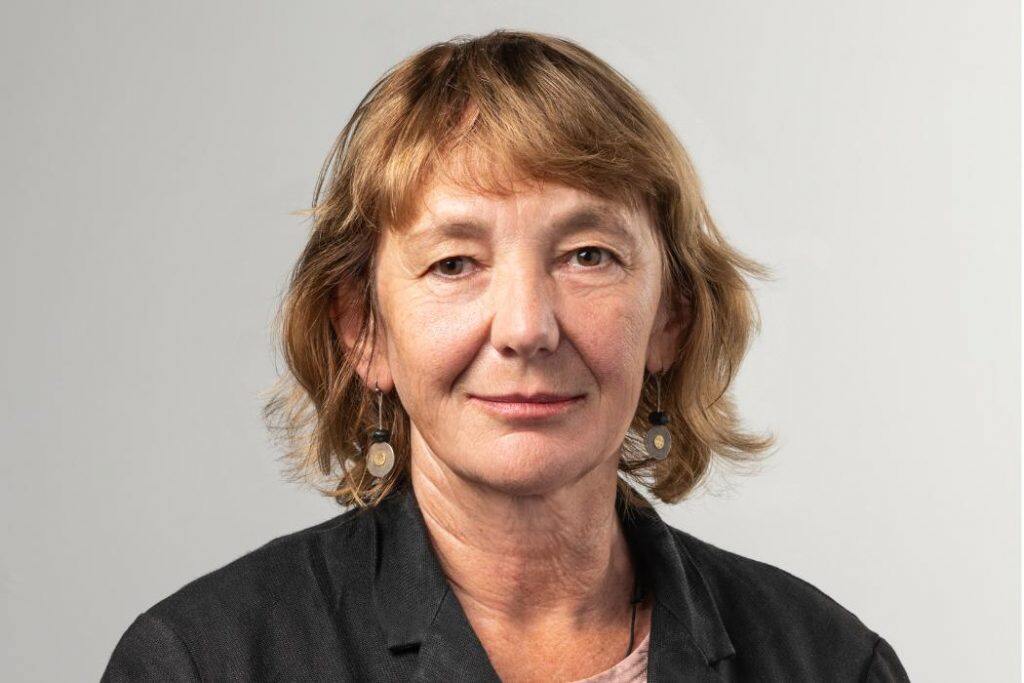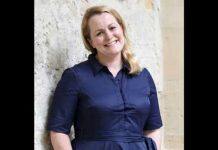When Ōtautahi Christchurch’s striking purpose-built Ravenscar House Museum opened to the public late last year, it was the realisation of a long-held dream.




Jim and Susan Wakefield’s vision was to create an architecturally significant building to house and share their impressive collection of art and artefacts, including works by leading New Zealand artists such as Frances Hodgkins, Colin McCahon and Bill Sutton.
The story of this remarkable project, the personalities behind it and the context of a post-earthquake city are beautifully explored and illustrated in Ravenscar House: A Biography, written by Christchurch journalist and writer Sally Blundell and published by Canterbury University Press.
“This was an intriguing project to work on,” Blundell says. “It is the story of Jim and Susan’s shared love of art and antiquities, the story of the Christchurch earthquakes and the story of New Zealand’s limited tradition of house museums, all wrapped up in an extraordinary work of architecture.”
The story of resilience, architectural ingenuity and generosity begins in a sense with the demolition of the original Ravenscar House on Scarborough Hill, the Wakefield’s home, following the Canterbury earthquakes. Blundell, however, takes us much further back – to Susan’s childhood in Lincolnshire, England, and Plimmerton, north of Wellington, to Jim’s upbringing in Timaru, and through their outstanding careers and lives together.
Both studied at the University of Canterbury (UC). Susan gained a PhD in Russian literature but made her career in accounting. She was recognised with a Queen’s Service Order for Public Service and an honorary doctorate from UC for her service, including as chair of the Commerce Commission. Jim’s successful career in accountancy and commercial leadership, which saw a string of companies prosper under his direction, was launched with a Bachelor of Commerce at UC.
Jim’s son and Ravenscar Trust Chairman Steve Wakefield pays tribute to Jim and Susan in his foreword: “It is extraordinary now to think of the resolve they showed when, in their late seventies and sixties respectively, they brushed themselves down from the loss and shock of the earthquakes and picked up their plan to build a new Ravenscar House and to find an appropriate steward for the Ravenscar Trust Collection as an enduring legacy for the city.”
They found that steward in Canterbury Museum, which has now been gifted the new Ravenscar House, and operates the Ravenscar House Museum as a home to the Ravenscar Trust Collection and as a major visitor attraction.
The Ravenscar House Museum story is also about collaboration, with Canterbury Museum playing a starring role, closely followed by the Christchurch City Council, UC and the people of Christchurch. Architects Patterson Associates, HRS Construction, Suzanne Turley Landscapes and other professional contributors are acknowledged for the essential roles they played in the creation of the building and garden.
“Against pressing deadlines, storms, the tragic mosque shootings of March 2019 and the COVID-19 pandemic of 2020, they managed to keep to an ambitious timeline with professionalism and, amazingly, unswerving good humour,” Steve Wakefield writes.
The result, writes Canterbury Museum director Anthony Wright, is a nod to the old Christchurch, “but it also stands sentinel to the new spirit of the city in the heart of the cultural precinct. The calibre of its architecture meets the calibre of the philanthropists’ vision and contributes a vibrant new presence and attraction to the city.”
The richly illustrated book, with photography by Stephen Goodenough and Duncan Shaw-Brown, was designed by Aaron Beehre.
Ravenscar House: A Biography, full colour, hardback, RRP $59.99, is available to purchase at Ravenscar House, in bookstores and online. Read more here.
Ravenscar House Museum is at 52 Rolleston Avenue, Christchurch Central. Open every day 10am to 5pm. Find out more here.









































